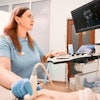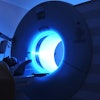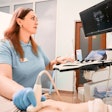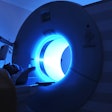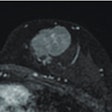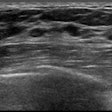Dear Women's Imaging Insider,
As vaccine distribution continues to combat the COVID-19 pandemic, new data are coming out on just how much the pandemic impacted radiologists and clinics in 2020, including breast cancer screening. The pandemic not only caused overall screening numbers to sharply decline in 2020 but also highlighted racial and socioeconomic disparities in screening.
Breast imaging facilities faced the challenge of providing screening services while ensuring safety for patients, staff members, and providers from COVID-19. Read what Dr. Brian Sprague and others found in a survey study on how facilities prioritized breast cancer screening during the pandemic in this edition's Insider Exclusive.
In related news, the pandemic led to large declines in preventive services such as breast and cervical cancer screenings and may have increased racial and socioeconomic disparities, according to researchers from the University of Michigan.
Also, public interest in mammograms decreased during the pandemic, with geography playing a part in breast cancer internet search interest. Two different studies looked at these trends and made suggestions on what could be done to increase interest.
Additionally, experts say women should not put off their breast screening appointments further due to the COVID-19 vaccine. Read what panelists from the Society of Breast Imaging Summer Series had to say in our news report.
Plus, check out the following women's imaging stories:
- A Dutch study found that combining artificial intelligence with digital breast tomosynthesis may allow for more effective screening with higher performance.
- Researchers at the NYU Grossman School of Medicine found that the pandemic has negatively influenced female radiologists' career productivity.
- A recent study found that while the gap in breast cancer mortality rates between Black and white women has narrowed over the last three decades, disparities are still prevalent.
- The state of Washington saw larger declines in breast cancer screening among underserved populations during the pandemic.
- Swedish researchers identified underlying factors that are associated with benign breast diseases, which could lead to better, more efficient treatment.
Find more articles like these by regularly visiting your Women's Imaging Community!

